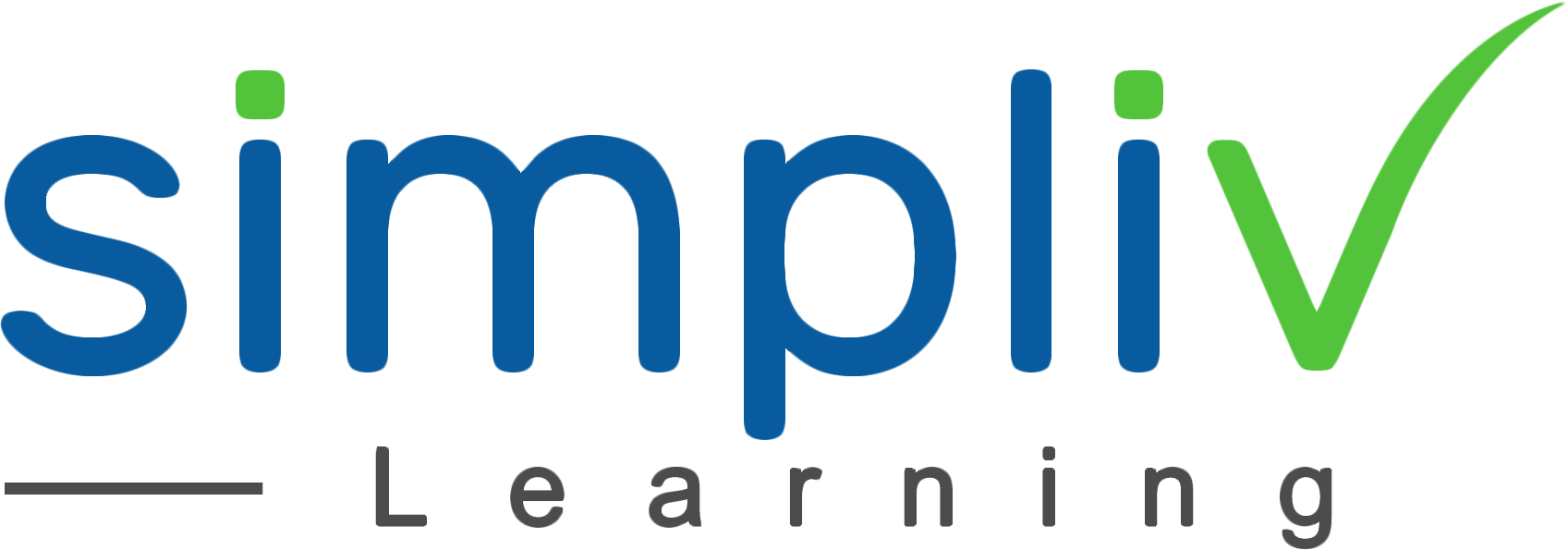Future Challenges and Risks of AI Adoption
Participants will gain a nuanced understanding of the ethical, technical, and strategic dilemmas posed by AI adoption, enabling them to anticipate and mitigate risks effectively.
Artificial Intelligence
2 Hours
Description
The adoption of Artificial Intelligence (AI) has transformed industries and redefined how businesses and societies operate. However, with these advancements come significant challenges and risks. This 2-hour course explores the critical considerations organizations and individuals must address as they embrace AI technologies. Participants will gain a nuanced understanding of the ethical, technical, and strategic dilemmas posed by AI adoption, enabling them to anticipate and mitigate risks effectively.
Course Objectives
Understand Future Challenges: Identify the key technical, ethical, and societal challenges of integrating AI into various domains.
Evaluate Risks: Analyze the risks associated with AI adoption, such as bias, security threats, and regulatory compliance.
Ethical Decision-Making: Foster ethical approaches to AI development and deployment.
Strategic Preparedness: Equip participants with tools and strategies to navigate the uncertainties of AI’s impact on the future workforce, economy, and global trends.
Target Audience
Business leaders and decision-makers exploring AI adoption.
Technology professionals and developers working with AI solutions.
Academics and researchers studying AI and its societal implications.
Policy makers and legal professionals concerned with AI regulation and ethics.
Students and enthusiasts interested in the evolving AI landscape.
Basic Understanding
No prior knowledge is required
Course Content
No sessions available.
Coupons
Live Support
Call
+510-849-6155
Mail to
support@simplivlearning.com
